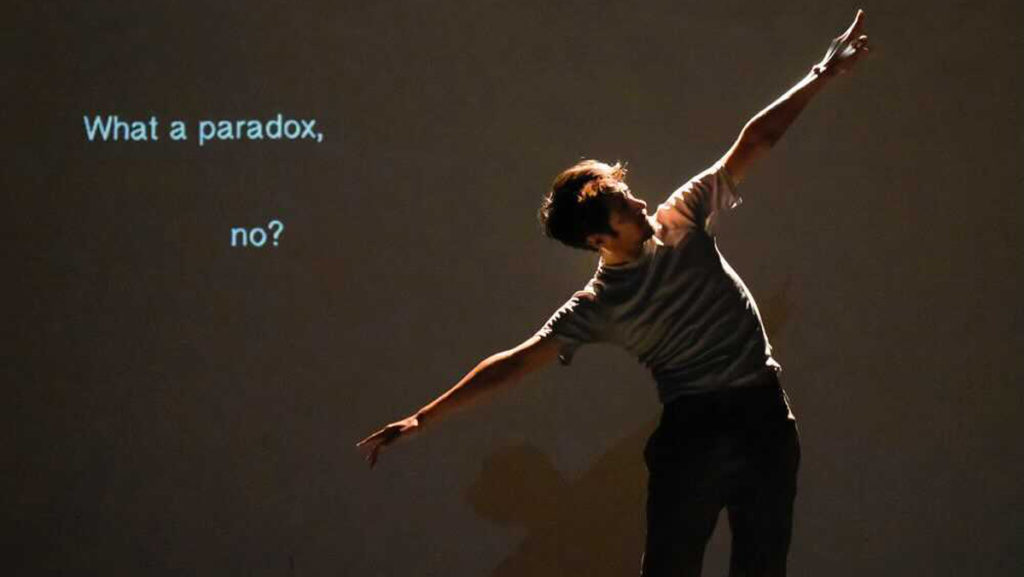Dance is essential to our lives and not just a luxury. I have been making dances professionally since 2006, and I have a long career as a dancer. As a formerly undocumented Latinx immigrant and choreographer of color, I value dance as a medium that helps us think and move in more inclusive, creative and problem-solving ways. These modes of being are indispensable as we navigate the immediate and long-term impacts of the pandemic. Importantly, dance allows us to bring awareness to many Latinx immigrant workers impacted by COVID-19.
In Spring 2021, I am premiering the new piece “Regio (Royal).” This performance is part of my decadeslong focus on creating performances that visibilize and amplify the experiences of immigrant workers whose labor is essential to American industries. “Regio” employs contemporary dance, shadow–puppet storytelling and mojigangas, tall Mexican puppets, to uncover the experience of Latinx immigrant workers in meat factories impacted by the pandemic in the United States. This performance uses the power of theatrical and puppetry encounters between performers and audiences to create a collective sense of how immigration impacts all of us.
The social and physical constraints of the pandemic prompted the creation of this performance. Latinos and people of color have the highest infection and death rates of the coronavirus. Also, meat factories that employ Latinx workers have had some of the largest outbreaks in states like Nebraska. By late April, my Latinx immigrant family, friends and colleagues were experiencing high rates of infection. I witnessed an increased concern and debate over whether gatherings should continue to occur. Tidal waves of text messages streamed into my phone about the latest outbreak at an uncle’s or aunt’s place of work. These conditions were devastating and produced anxiety for many in my network. Yet I saw a lack of media coverage about the virus’s specific impact on Latinos. I heard statistics but not experiences.
My usual process of choreographing had to change because there were, and continue to be, restrictions on people gathering — a mode central to making dances. How was I to work with other artists and community members when we are not allowed to convene? How to express ideas of togetherness, longing, desire and mourning through distance? These questions led me to connect contemporary dance and puppetry. “Regio” features puppets of varying sizes, from four inches and 11 feet tall, including a human-sized trio puppet contraption that is manipulated by one dancer to convey the dehumanizing experience of labor systems. In another section, two shadow puppets representing workers review meat at a conveyor belt in a pork processing factory as they converse about what would happen if there was no more carne asada in the world to stop the spread of animal–to–human viruses.
Though different in nature, my work as a choreographer is as essential as a medical professional’s work. By dancing during the pandemic, I comment on and redirect the social reality of it to create a sense of community during a time when there is a lot of uncertainty. Performance allows me to connect and tell stories of immigrant factory workers whose lives feel so far away from our reality. Choreography is more than just arranging footsteps — it is about conceiving new ways of relating to each other when we are not allowed to move.














